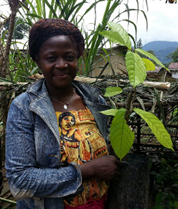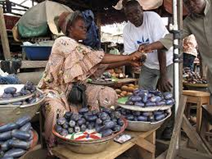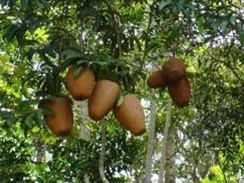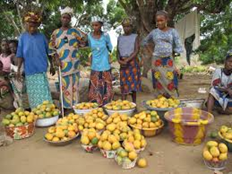The African Orphan Crops Consortium’s (AOCC) goal is to sequence, assemble and annotate the genomes of 101 traditional African food crops to improve their nutritional content. This will provide long lasting solutions for Africa’s nutritional security. The resulting information will be put in the public domain with the endorsement of the African Union.
AOCC primarily comprises African Union’s New Partnership for Africa’s Development (AU-NEPAD Agency); Mars, Incorporated; World Agroforestry Centre (ICRAF); BGI; Thermo Fisher Scientific (formerly Life Technologies); World Wildlife Fund; University of California, Davis; CyVerse (previously iPlant Collaborative); LGC; Illumina; Google; UNICEF; and Biosciences eastern and central Africa – International Livestock Research Institute (BecA/ILRI) Hub.
With generous in-kind support from its partners, AOCC is sequencing a reference genome and 100 lines for each of the 101 African crops. To sustain these efforts, AOCC has invited communities focusing on the development of orphan crops to contribute and partner to improve the productivity and nutrition.
Based at the World Agroforestry Centre, AOCC will train 250 plant breeders in genomics and marker-assisted selection for crop improvement over a five-year period. The work will drive the development of improved planting materials that will then be available to smallholder farmers throughout Africa.
One of the first orphan crops to be sequenced, assembled and annotated by the AOCC is finger millet, consumed as a porridge, bread or beverage. By sharing knowledge of the genome sequences of finger millet and other African crops, scientists and technicians working at the AOCC will help plant breeders to develop more nutritious, productive and robust varieties. These will then be released to farmers for cultivation.
List of crops to be sequenced
Objectives and methods of work
The AOCC partnership works to make high-nutritional value crops grown by African farmers and available to rural and urban consumers by promoting the adoption of modern breeding methods for crop improvement purposes. It does this through:
- Developing next generation genomics resources for a collection of 101 African orphan crops that include variety of important annual and perennial (tree) species
- Undertaking whole genome sequencing, re-sequencing of panels of 100 accessions of each crop and transcriptome sequencing, to develop tools to assess genetic diversity in crops and to support breeding programmes
- Training of African plant breeders to use these resources through the African Plant Breeding Academy.
The AOCC partnership seeks to mainstream orphan crops into food supply systems through value chain development, advocacy and the other necessary promotion activities to boost their wider production and consumption.
Our five key outcomes
1.Quality Seed for farmers

We first ensure that farmers get quality seed. This is done by using genetic markers to identify seed.
Read more4.Better value and remuneration

Better value and remuneration for farmers and other stake holders
Read more5.New value chains, markets and products

Creating new value chains, markets for farmers and products for society
Read more1.Quality Seed for farmers

We first ensure that farmers get quality seed. This is done by using genetic markers to identify seed.
Read more

